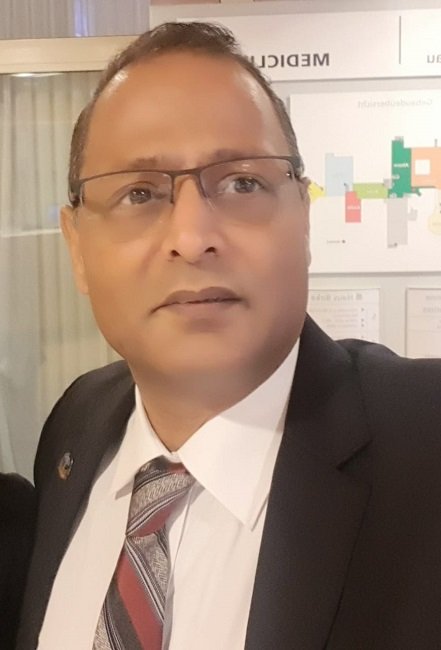Brain cysts are fluid-filled sacs that appear due to fluid build-up in the brain. The cysts are often seen in children, however, can also be present in adults. Approximately 1.2% of the general population is affected by brain cysts. The number is quite large in the Indian context, which has a population of 1.3 billion. Men are 59% more likely to develop brain cysts compared to women.
Dr Manish Vaish, Director, Department of Neurosurgery, Max Super Speciality Hospital, Vaishali & Ghaziabad, Uttar Pradesh says, “The symptoms of a brain cyst depend on the location and size of the cyst. Some small cysts may not show any symptoms but often become troublesome once they increase in size. Symptoms can either be because of the pressure put by a cyst on brain tissue or disruption of normal flow of the cerebrospinal fluid (CSF), a protective fluid that creates a cushion around the brain. Headache is the most common symptom of brain cysts; therefore, it is extremely important that if a chronic headache is accompanied by any other symptoms, one should consult a specialist. Other symptoms include nausea & vomiting, hearing loss, vision loss, facial pain, balance problems, dizziness, and seizures.”
There are five types of brain cysts arachnoid cysts, colloid cysts, dermoid cysts, epidermoid cysts, and pineal cysts. Arachnoid cysts are the commonest and are formed due to a sac of CSF. Colloid cysts are gel-filled sacked that often originate in 3rd ventricle of the brain, the reservoir of CSF. These cysts can be life-threatening. Dermoid and Epidermoid cysts are formed by normal tissue, and pineal cysts are often non-problematic cysts in the pineal gland.
Diagnosis of cysts is often through the work-up done for some other reason. However, in patients where the quality of life is affected by cysts, the diagnosis is through physical examination and image tests like CT scans and MRI.
“Brain cysts with no symptoms are often not treated with any intervention and your doctor is likely to monitor these through scans. Depending on the size, symptoms, and location the available option for cyst management is Image-guided cyst drainage, surgical cyst removal or placement of a shunt. The shunt is bypass created to the continuous flow of the CSF.”, adds Dr Vaish.
Explaining the management of brain cysts, Dr Vaish says, “Arachnoid cysts are often drained with the support of imagery. The dermoid and epidermoid cysts are surgically removed. Colloid cysts lead to CSF build-up; therefore, a shunt surgery is performed to treat the symptoms. These types of cysts are quite deep in the brain, therefore, to remove these cysts a special surgery is performed. Pineal cysts often cause no problem and therefore these are managed by watching for any changes.

Leave a Reply